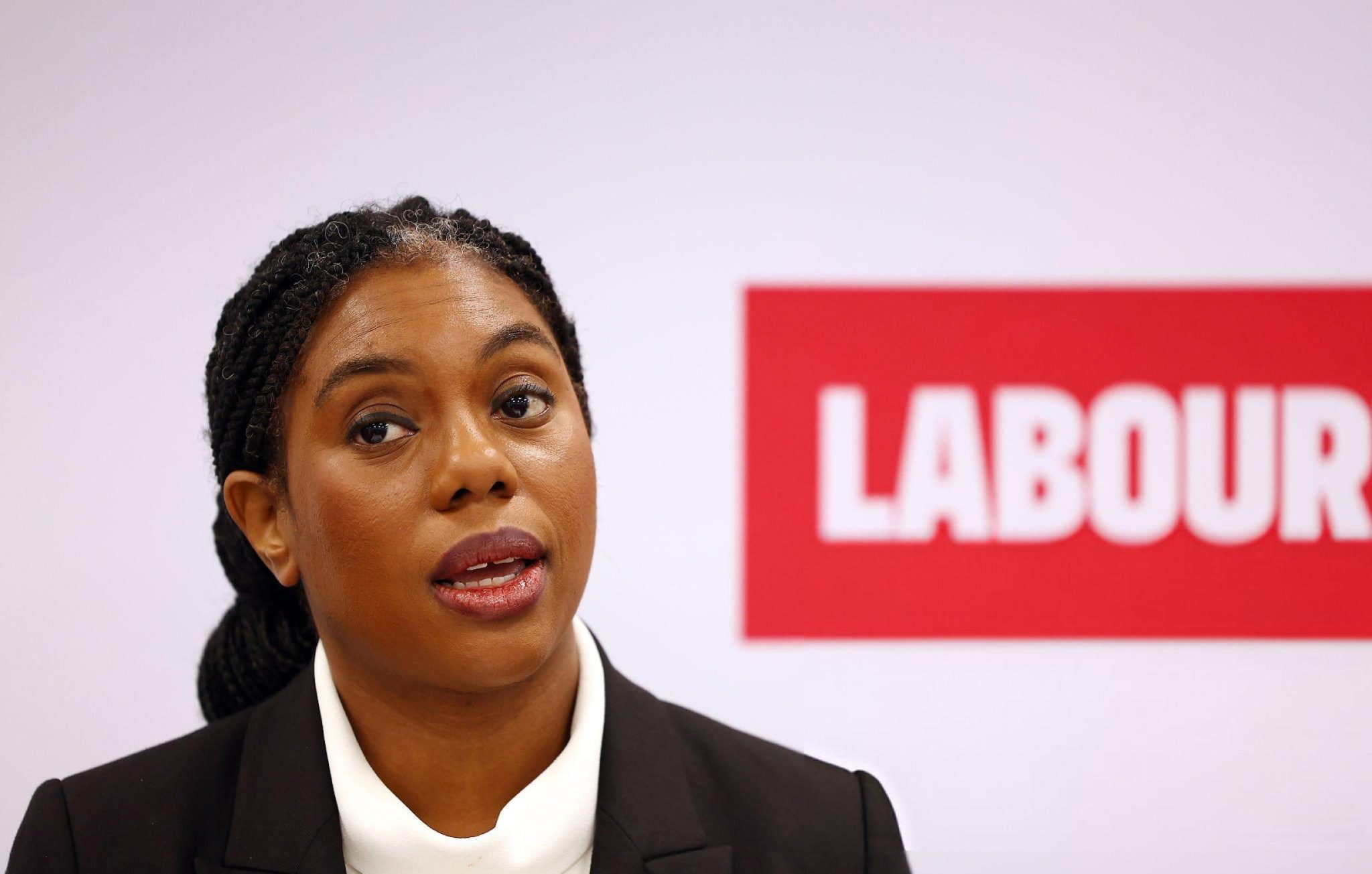Conservatives lose hundreds of seats as Reform UK surge sparks reckoning for party leadership
Kemi Badenoch has issued a heartfelt apology to Conservative candidates and councillors after the party endured a crushing defeat in the local elections, losing control of every single council it had held and shedding hundreds of councillors across England.
Addressing supporters in Peterborough on Friday, the Conservative leader admitted that the public was “still not yet ready to trust us” and acknowledged the impact of a significant surge by Reform UK, which performed strongly in many Tory-held areas.
“Protest parties are doing well today,” Badenoch said. “I know that, and it is disappointing. And I have a message for all of those Conservative councillors who lost their seats — how sincerely sorry I am for your loss, because I know how hard you worked. But we are going to win those seats back.”
The scale of the defeat was stark. The Conservatives entered the elections defending 15 councils, yet by the close of counting on Friday, they held none. Long-time Tory strongholds were flipped, not only by Labour and the Liberal Democrats but increasingly by Nigel Farage’s Reform UK, which made inroads into traditionally safe Conservative wards.
One glimmer of hope for the Conservatives came in Peterborough, where former MP Paul Bristow won back the Cambridgeshire and Peterborough mayoralty. Bristow defeated Reform’s Ryan Coogan by a margin of over 10,500 votes, reclaiming a post that had been in Labour hands since 2021. Labour’s Anna Smith trailed in third, finishing some 7,000 votes behind Reform, in a surprising upset.
Despite this isolated success, the wider electoral picture was deeply troubling for the party. Badenoch conceded that while many voters expressed dissatisfaction with the Labour Government, it had not translated into renewed support for the Conservatives.
“What I saw everywhere I campaigned was that people are fed up with the Labour Government,” she said. “They were angry about winter fuel payments. They were angry about the jobs tax. But they are still not yet ready to trust us.”
The results have reinforced the challenge facing Badenoch’s leadership and raised questions about the party’s direction ahead of a looming general election. She acknowledged the party’s need to “rebuild trust” and said she would work relentlessly to restore the Conservatives’ reputation.
“That’s the job the Conservative Party has given me,” she said, “and I am going to make sure that we get ourselves back to the place where we are seen as the credible alternative to Labour.”
Badenoch had previously cautioned that the elections would be difficult. The last time most of the contested seats were fought over was in 2021 — a period when Boris Johnson’s government was enjoying a polling boost off the back of the COVID vaccine rollout.
Nigel Farage, who has remained a central figure in Reform UK, hailed the night’s results as a turning point in British politics. “We’ve wiped out the Conservatives in parts of England,” he claimed. “This marks the end of two-party politics and the beginning of the end of the Conservative Party.”
The emergence of Reform UK as a serious electoral force has placed both the Tories and Labour on notice, particularly in communities that feel left behind by successive governments. The election results suggest that voter volatility and frustration are redefining political allegiances, leaving the established parties with difficult choices.
As the dust settles, Badenoch and her team face an urgent task: reuniting a fragmented party, reclaiming lost trust, and presenting a vision that can withstand the insurgent challenge Reform UK now poses. Whether that can be achieved before the next general election remains the critical question.






